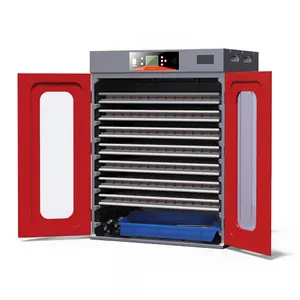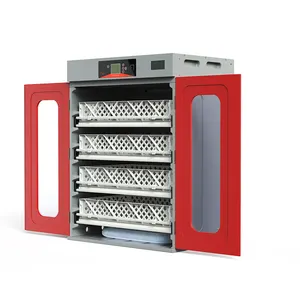Popular in your industry







































































Related Searches:














































































































Top categories
About gamma radiation sterilization
Introduction to Gamma Radiation Sterilization
Gamma radiation sterilization is a crucial process in various industries, including healthcare, pharmaceuticals, and food packaging, to ensure the safety and sterility of products. This method utilizes high-energy gamma rays emitted from a radioactive source to eliminate microorganisms and pathogens from equipment, instruments, and packaging materials.
Technical Specifications of Gamma Radiation Sterilization
Gamma radiation sterilization machines are designed to deliver a specific dose of radiation to achieve the desired level of sterilization. These machines typically consist of a radiation source, shielding materials, conveyor systems for product movement, and control systems to monitor and regulate the radiation dose. The power output of gamma radiation sterilization machines can vary based on the application, with some models capable of delivering up to 50 kiloGrays of radiation.
Benefits of Gamma Radiation Sterilization
One of the key advantages of gamma radiation sterilization is its ability to penetrate deep into materials, ensuring thorough sterilization even in complex or densely packed products. This method is highly effective in eliminating a wide range of microorganisms, including bacteria, viruses, and fungi, without leaving any chemical residues or affecting the quality of the products. Additionally, gamma radiation sterilization is a fast and efficient process, allowing for quick turnaround times in production.
Applications of Gamma Radiation Sterilization
Gamma radiation sterilization is widely used in medical device manufacturing, pharmaceutical production, and food processing industries. Medical implants, surgical instruments, pharmaceutical drugs, and disposable medical supplies are commonly sterilized using gamma radiation to meet stringent regulatory requirements and ensure patient safety. In the food industry, gamma radiation is employed to extend the shelf life of perishable products and eliminate foodborne pathogens.
Considerations for Choosing Gamma Radiation Sterilization Equipment
When selecting gamma radiation sterilization equipment for your business, several factors need to be taken into account. It is essential to consider the required dose of radiation for effective sterilization, the compatibility of the materials with gamma radiation, the throughput capacity of the machine, and regulatory compliance requirements. Additionally, evaluating the overall operating costs, maintenance needs, and technical support provided by the manufacturer is crucial in making an informed decision.
Design and Technology of Gamma Radiation Sterilization Machines
Gamma radiation sterilization machines are engineered with advanced technologies to ensure precise control over the sterilization process. These machines feature sophisticated dosimeters and sensors to monitor the radiation dose accurately and maintain uniformity throughout the product load. The design of the conveyor systems and shielding materials is optimized to maximize the efficiency of radiation penetration while minimizing exposure risks to operators.
Advantages of Gamma Radiation Sterilization in Healthcare
In the healthcare sector, gamma radiation sterilization offers unparalleled benefits in ensuring the safety and efficacy of medical devices and equipment. By utilizing gamma rays to sterilize surgical instruments, implants, and other critical medical tools, healthcare facilities can maintain high standards of sterility and reduce the risk of healthcare-associated infections. The non-toxic nature of gamma radiation makes it a preferred choice for sterilizing sensitive medical devices that come into direct contact with patients.
Maintenance and Safety Considerations for Gamma Radiation Sterilization
Proper maintenance and safety protocols are paramount when operating gamma radiation sterilization equipment. Regular calibration of dosimeters and radiation detectors is essential to ensure accurate dosing and compliance with regulatory standards. Operators must undergo comprehensive training on radiation safety practices and protective measures to minimize exposure risks. Additionally, routine inspections and preventive maintenance checks are necessary to uphold the performance and longevity of the equipment.












































































